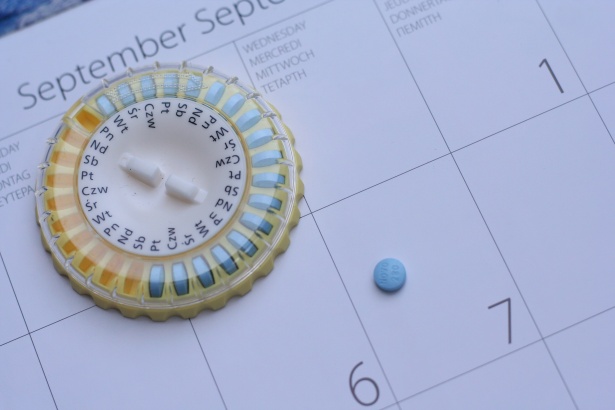Efforts made to increase education about birth control are crucial Access to oral contraceptives does not substitute for the absence of abortion access and lack of sexual education.
The Food and Drug Administration approved Opill as the first non-prescriptive pregnancy contraceptive on July 13, according to a press release. People will be able to buy Opill in their local drug stores starting early 2024.
However, there are uncertainties surrounding the medication, specifically the price of the Opill.
The approved contraceptive is primarily made up of norgestrel, a hormone classified as a progestin, which is used for a variety of reasons, including contraception, premature ovarian failure, polycystic-ovarian syndrome, postmenopausal hormone replacement and others.
The National Library of Medicine explains that norgestrel operates by suppressing the flow of hormones which alter the menstrual cycle to suppress ovulation, making Opill 98% effective for stopping pregnancy.
Like all hormonal contraceptives, Opill remains effective only if it is taken consistently. If a dose is missed, it may start a woman’s period early, intensify cramps or increase their chances of getting pregnant, prompting the use of an alternative form of contraceptive.
Concerns about a person’s overall health arise when a medication that has such a drastic effect on someone’s hormones becomes readily available without consulting a professional first.
It is unlikely for people to read the long labels on medicine bottles. Due to their length, warnings may be disregarded, preventing patients from learning about a medication’s side effects.
According to the FDA, even a label for something as trivial and seemingly harmless as Ibuprofen, which is often used as means of relieving minor pain or fever, includes warnings for potential facial swelling, hives, blisters and more. This is clearly not something one looks for when wanting to relieve a headache.
There is a stigma around teaching the youth about safe sex that should not be there. It is necessary for young people to be knowledgeable about their bodies so that they can be safe.
With something as serious as birth control, there should be steps taken to ensure that warnings are not disregarded, which can be done with required classes that teach sex education, the medications available and side effects they may have.
Having Opill readily available for the younger generation of people who are just beginning to figure out birth control and are more inclined to purchase it over-the-counter, rather than schedule and attend a doctor’s visit, can put them in danger of misusing the drug, misinterpreting the instructions and inevitably disrupting their hormonal health.
Additionally, Mayo Clinic suggests that norgestrel could potentially lead to side effects such as absent, missed or irregular periods, bleeding between periods, heartburn, hives, severe or sudden headache and pain during intercourse. In addition, the presence of health conditions such as diabetes, liver disease, epilepsy or depression may worsen when taking Opill.
Even if studied meticulously by users, a warning label is never as effective as seeing a doctor and being guided through the process of oral contraception by a professional, who will be able to properly explain the side effects and actively deal with them.
Side-stepping someone who specializes in reproductive health as a means of accessing birth control more easily, leads to a development of culture that minimizes the importance of checkups and seeking professional help.
Having drugs like Opill for purchase at one’s local pharmacy simply slaps a Band-Aid on a wound that is declining reproductive rights in the US. Instead, we should ensure people have access to education and the healthcare system.







